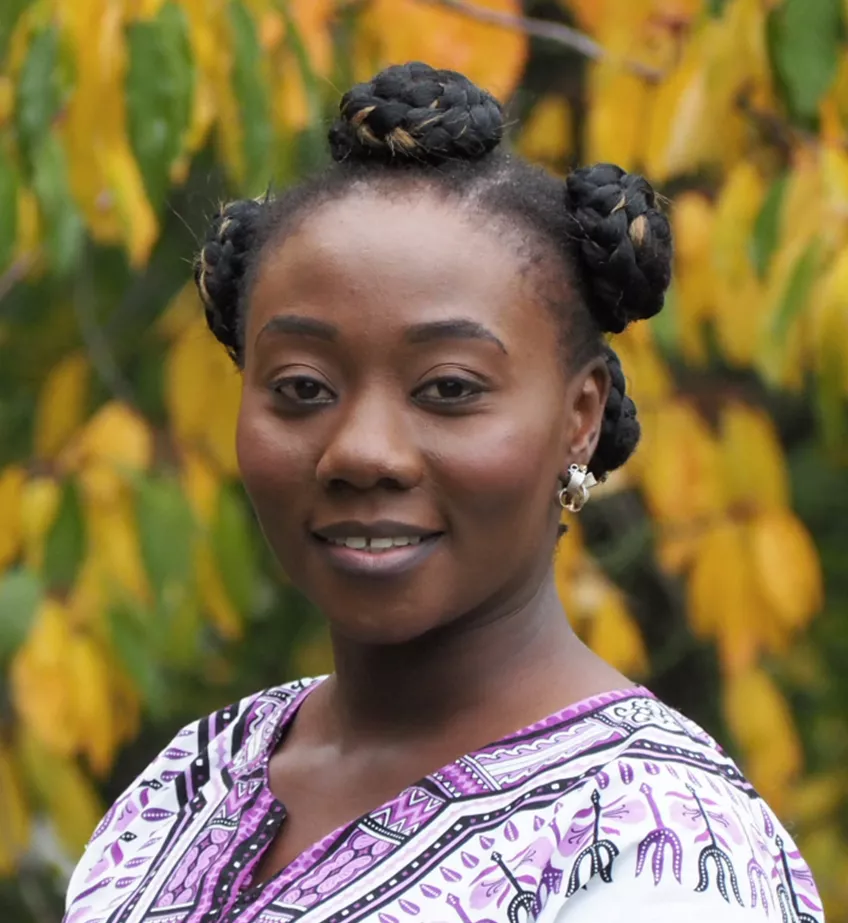Abstract
Aims and objectives
To describe ways in which children's best interests were observed to be expressed in paediatric settings during their hospital visit.
Background
The best interests of the child are embodied in national and international legal systems, although the definition remains problematic. The child's limited autonomy mandates duty bearers to have both a child perspective and the child's perspective when considering what the best interest of the child entails in care situations.
Design
A qualitative descriptive study with overt, non-participant observations fulfilling the COREQ criteria.
Methods
Thirty-two observations of interactions between children aged 2 to 17 years with both acute and chronic conditions, their parents and healthcare professionals were conducted at three paediatric hospitals in Sweden. Inductive and abductive reasoning were used in the content analysis of data, which followed the identification, coding, categorising and abstraction of observed patterns of the best interest of the child.
Results
Findings reveal facilitating and obstructing factors for the child's best interests to be safeguarded in healthcare situations. Children were guided in or hindered from exercising their competence. The observations showed a variation in actions taken by both parents and healthcare professionals to safeguard the best interests of the child.
Conclusions
Determining the best interest of the child requires a case-by-case basis, as it is context-dependent, situational, flexible and dependent on all actors involved and actual decisions made.
Relevance to clinical practice
Healthcare professionals’ actions can facilitate or obstruct observed expressions of the child's best interest. It is essential to enhance healthcare professionals’ communication skills, knowledge awareness and continuing education about the rights of children receiving healthcare services. Reflections and discussions on how to protect the best interests of children may help healthcare professionals to uphold children's best interest in daily clinical practice.


